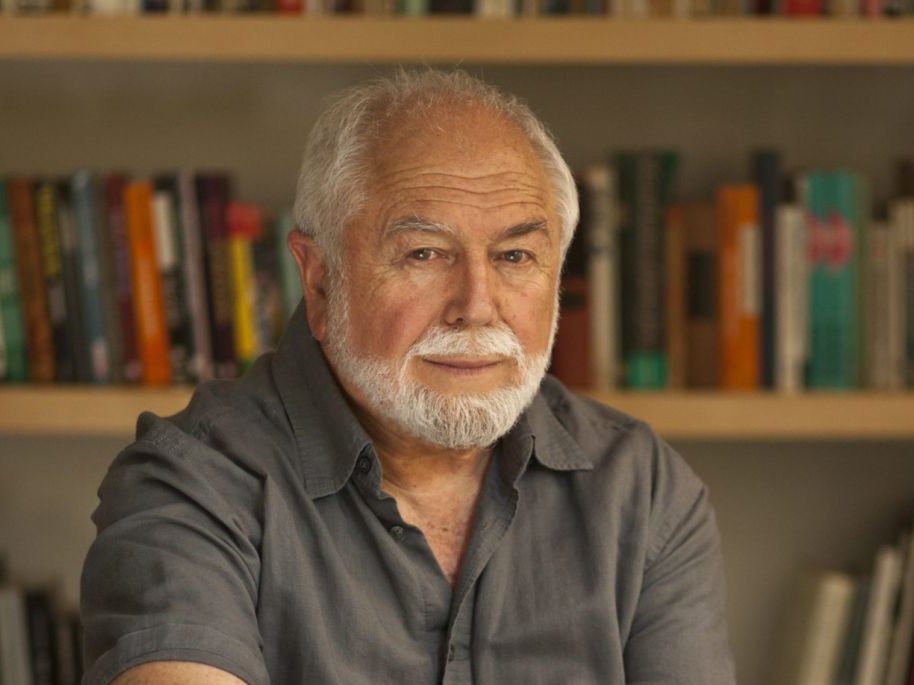How Can the Arts Help Fight Oppression?

One of Israel’s foremost playwrights and intellectuals will visit Emerson College on Thursday, March 30, to talk about how the arts can be used to fight injustice and effect social change.
Joshua Sobol will present “Theater as a Form of Resistance to Oppression,” from 4:00 to 5:30 pm, in the Semel Theater. Sobol is visiting a number of colleges, universities, and other institutions as part of his two-week residency with Boston-based Israeli Stage.
Alumnus Guy Ben-Aharon ’12, producing artistic director and founder of Israeli Stage, called Sobol, author of award-winning play Ghetto, and recipient of an Israeli Theatre Lifetime Achievement Award, a “force to be reckoned with.”
“Exploring how theater can act as a mirror to the state of a nation, and how the state of a nation can reflect what’s happening in the theater, Joshua is looking to engage the Emerson community in dialogue as to what it would look like for the students, faculty, staff to take on active roles in the resistance through their artistic disciplines,” he said in an email.
Ben-Aharon said Sobol’s commitment to “changing public discourse through theater,” is important to consider in today’s political landscape.
The Institute for Liberal Arts and Interdisciplinary Studies is co-sponsoring the event along with the departments of Performing Arts and Writing, Literature, and Publishing; the School of the Arts; and the Office of the President. President Lee Pelton is on Israeli Stage’s Ambassador Council.
Institute Dean Amy Ansell said though Sobol’s milieu is the stage, she and Ben-Aharon worked together to make sure the event is relevant to people across the artistic world and beyond.
Sobol’s talk is also a “happy coincidence,” as it ties in well with a new Peace and Social Justice minor the Institute is launching next fall, Ansell said.
A number of courses that will count toward the minor focus specifically on the intersection of arts and social justice, including an Institute course titled Culture, the Arts, and Social Change; a Visual and Media Arts course called Cinema and Social Change; and U.S. Theater and Society, a Performing Arts class.
Ansell said the arts offer a way to “connect emotionally” with social issues and the people they affect.
“Because of that aspect and the emotions it taps into, [arts can] spur…them more to action than a scholarly research paper might,” she said. “For certain people, it is a greater motivating factor for action.”
Register for “Theater as a Form of Resistance to Oppression” on Eventbrite.